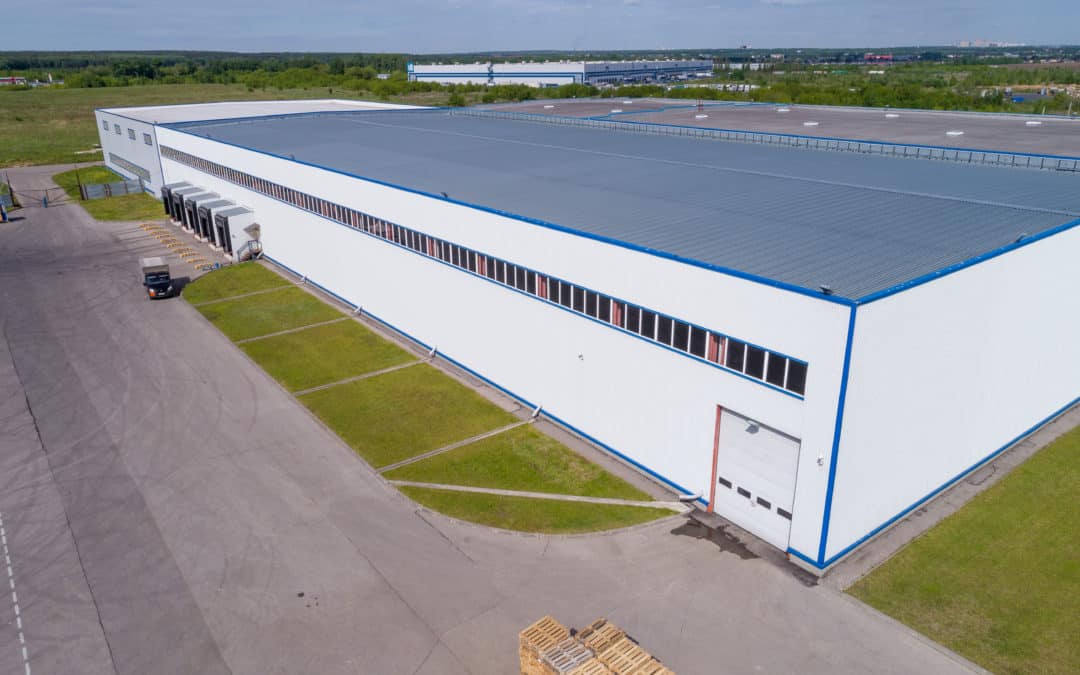Roofs tend to be neglected in the summer, as there are no extreme blizzards or rainstorms to inflict concern. However, the summer heat can be equally (if not more) damaging, specifically to single-ply commercial roofs. Therefore, as the season approaches, take precautions against sun damage, water damage, and wind damage.
- Sun Damage: If your roof looks warped or faded, it may have some form of sun damage. Similar to coral bleaching, which occurs when coral is exposed to warmer water than they are used to for long periods of time, your roof may be at risk of bleaching or blackening itself in the high heat. The most effective way to prevent sun damage on your commercial roof is by applying a heat-resistant coating to it. The coating reflects UV radiation, preventing the roof from absorbing the light and converting it into heat.
- Water Damage: Although summers don’t generally consist of much precipitation, they can be very humid, especially near the equator. Leaks and water damage are the most common issues that commercial roofs face and often the most detrimental. Keep your eye out for pools of water on the roof and water stains on the interior walls and ceilings. Single-ply roofs are easily punctured, and stagnant water could seep through broken shingles and cause mold and leaks within the household.
- Wind Damage: Though invisible, the wind is never shy about its power. Wind speeds of forty to fifty miles an hour can cause wind uplift and wind scouring. Wind uplift occurs when strong gusts of air make their way underneath the roof materials, creating bubbles and wrinkles. Wind scouring is when powerful winds blow off a surface component of a built-up roof. Be wary of cracks in the walls or on the roof to avoid a complete collapse. The easiest way to avoid this situation is by securely fastening the metal edge flashing on the roof and repairing broken seals regularly.
If you’re unsure that you’ll be able to recognize the tell-tale signs of commercial roof damage, consider consulting a professional inspector. Professional inspectors will clean debris, look at the flashing, seal cracks, and replace missing granules.

